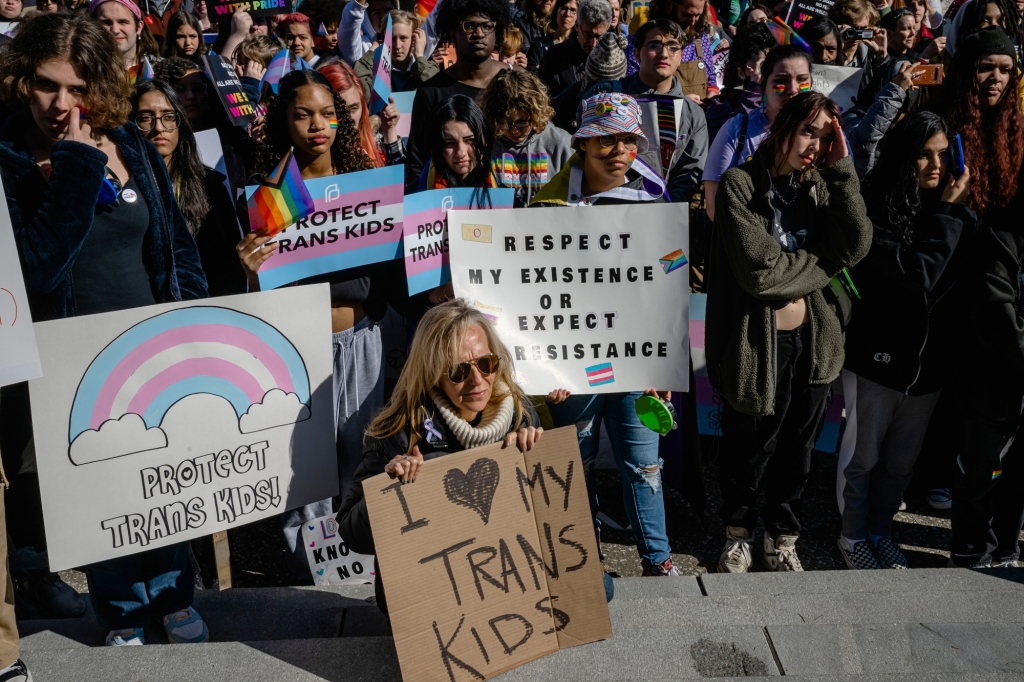Almost three weeks after Florida’s Republican governor, Ron DeSantis, signed a bill making it a felony for doctors to provide gender-affirming care to transgender minors, a judge issued a preliminary injunction preventing enforcement of the law for three children whose parents are part of an ongoing lawsuit.
Florida is one of at least 20 states that have limited gender-affirming treatment for minors. The legislators sponsoring some of these bills say their intent is to protect children and families from pressure “to receive harmful, experimental puberty blockers and cross-sex hormones and to undergo irreversible, life-altering surgical procedures,” as a new Montana law puts it.
“Gender transitions involving major surgeries not only result in sterility, but other irreversible negative biological effects,” said Montana state Sen. John Fuller, the Republican who introduced the bill.
Such laws and policies, and statements — such as Fuller’s — used to justify them, reflect misconceptions and misinformation that conflate treatments and strip trans youth of essential care.
Gender-affirming care is a broad term for many distinct treatments provided to children, teens, and adults. Puberty blockers, for example, are medications that inhibit puberty by suppressing the body’s production of sex hormones, while hormone therapy is the administration of testosterone or estrogen to alter secondary sex characteristics.
One common misbelief heard when legislation is discussed is that gender-affirming medical interventions are provided immediately to any trans or nonbinary kid who walks into a gender clinic.
The reality is that the process informing these treatments is a long and intensive one. Before any medical or surgical interventions, kids must first be diagnosed with gender dysphoria, which involves experiencing significant distress for at least six months from at least six of a set of causes including a strong…
Read the full article here







